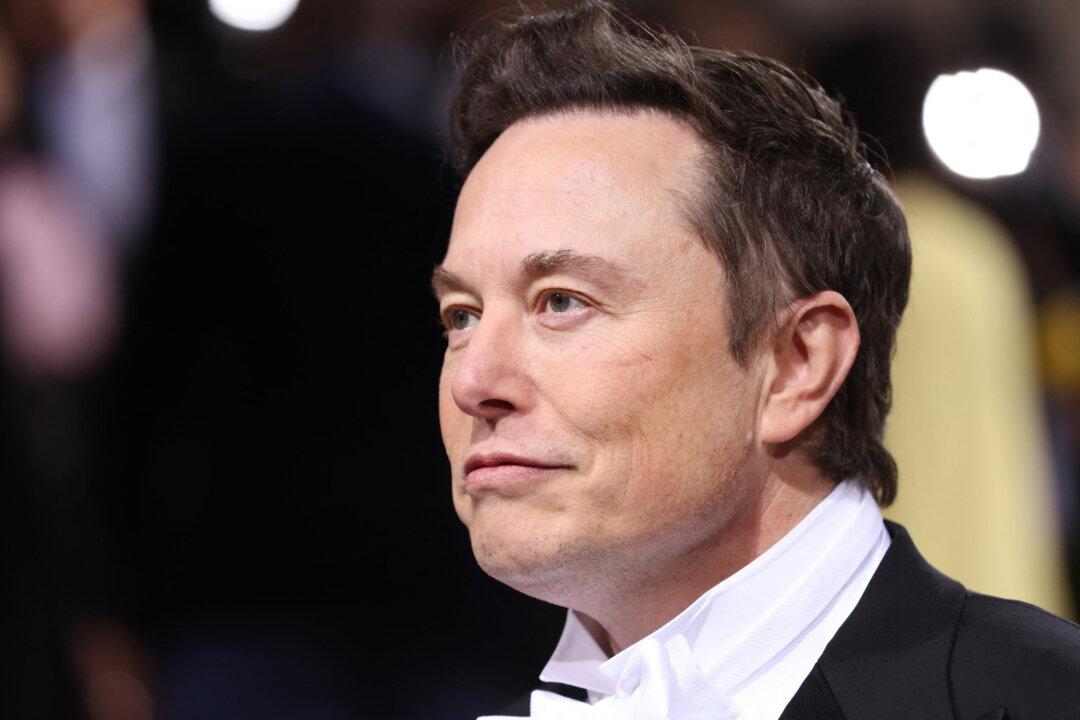Billionaire tech mogul Elon Musk, who is looking to finalize a deal to buy Twitter, said he agrees with the contours of a new European Union law meant to police illegal content, boost social media platform transparency, and enhance competitiveness to allow for more innovation and consumer choice.
Musk met with E.U. industry chief Thierry Breton in Texas on Monday, with the Tesla chief signaling his agreement with the Digital Services Act (DSA), flagship legislation in the E.U. whose aims include reigning in illegal content on social media platforms and forcing tech companies to be more transparent about their recommendation algorithms.





